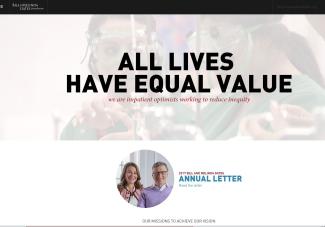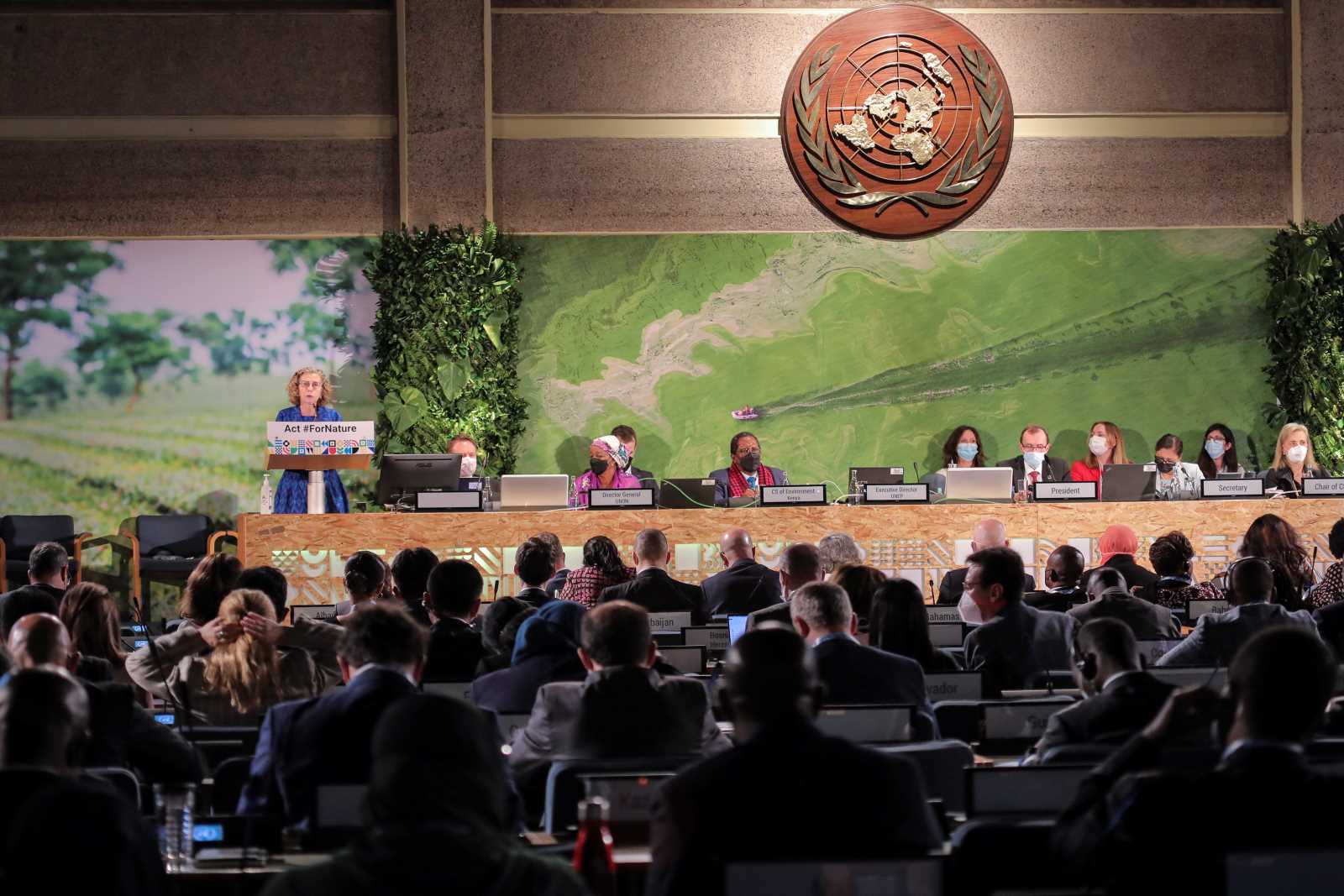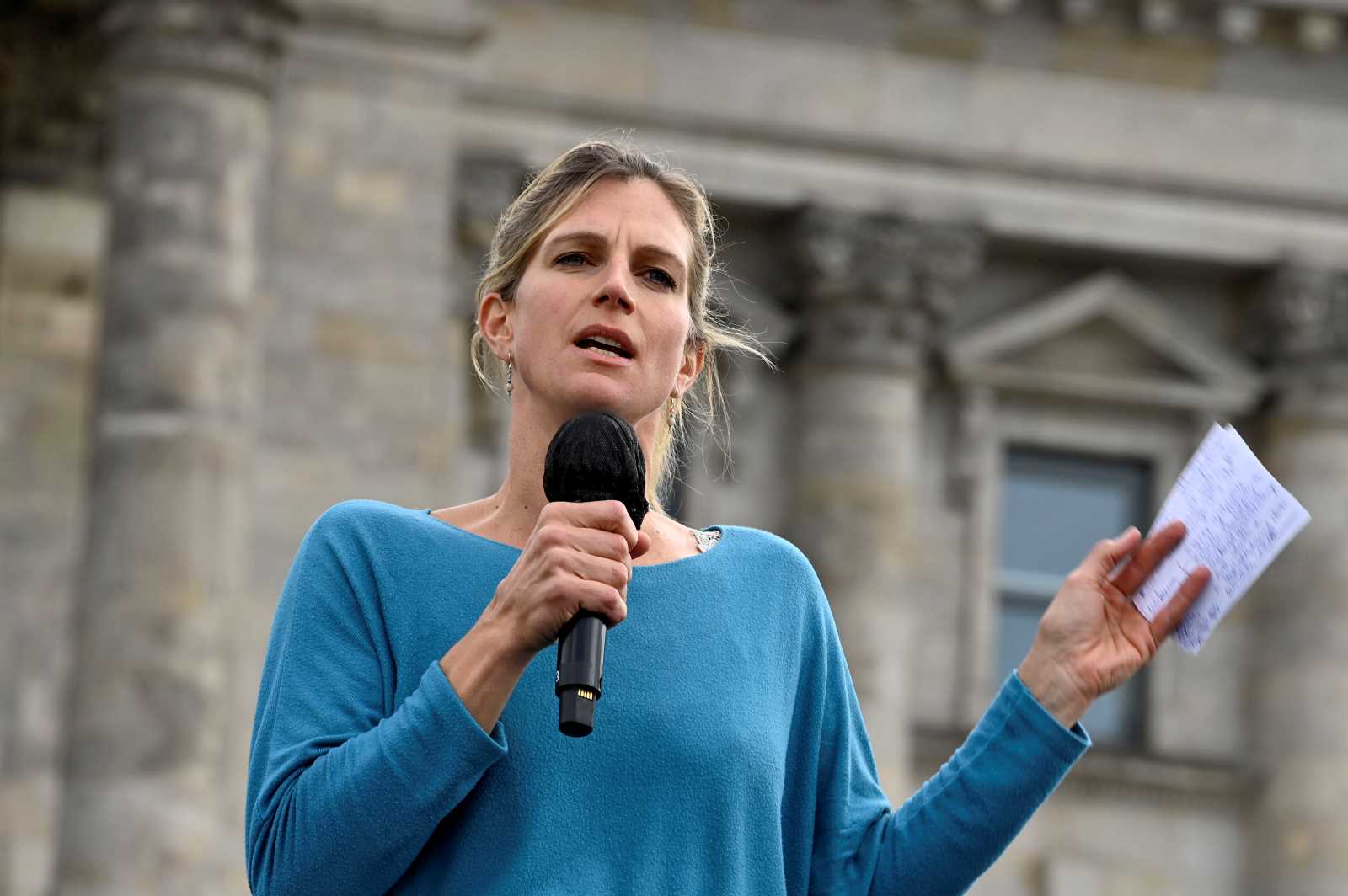Philanthropy
Praise individuals, not the trend

Nonetheless, the growing influence of philanthropy in public affairs is worrisome. Ultimately, it reflects the huge and growing divide between the super-rich and masses of voiceless people. In many ways, civil society is increasingly being dominated by the few individuals who can afford to set up powerful agencies to promote causes they cherish.
In important ways, philanthropic foundations have more clout than conventional non-governmental organisations that depend on masses of members. The foundations can take risks and test new approaches, and they have the resources to scale up anything that works out well. They have lots of money and are free to spend it without complex administrative procedures or public accountability. The foundations are accountable to no one but themselves. Indeed, many conventional NGOs depend on huge donations from philanthropic foundations.
Extremely rich philanthropists want to change the world. They have easy access to policymakers. One of their strategies is to co-finance projects under the condition that governments contribute too. They thus influence public budgets decisions. Such decisions are at the core of democratic deliberation. Democratically elected governments should have the resources they need to provide and protect public goods. If they depend on philanthropists instead, the question arises whether they are taxing rich people sufficiently.
One must ask, moreover, whether everything philanthropists do really serves the common good. In the USA, donations to conservative think tanks that push a radical anti-tax agenda or fund climate-change deniers are tax-deductible. They are part of the global sustainability problem, not the solution.
Yes, many different philanthropists pursue many different agendas. Nonetheless, the mega-donors have one thing in common. They tend to be economically conservative. After all, the system has worked for them. Not all amassed their wealth in fair market competition, however, as some inherited their fortune. Others, for instance Bill Gates, benefited from distorted markets. Microsoft, the software company he founded, enjoyed a monopoly-like position in the 1990s. It did not make the best software, but people kept buying it because everyone else was doing so too. Compatibility matters. It took anti-trust proceedings in the US and the EU to break the grip that Microsoft had on the software market.
David Callahan, an American expert on philanthropy, sees a need for more stringent regulation. For good reason he wants foundations to be legally bound to disclose all grants they make, so the public can see what policies they are promoting. Moreover, he wants legislators to reconsider what kind of spending really deserves to be tax-deductible.
Praise for individual philanthropists must certainly be distinguished from praise for philanthropy in general. Individual donors are trying to do well, but their growing relevance means that inequality is growing and slowly weakening democracy.
Hans Dembowski is editor in chief of D+C Development and Cooperation / E+Z Entwicklung und Zusammenarbeit.
euz.editor@fs-medien.de
















